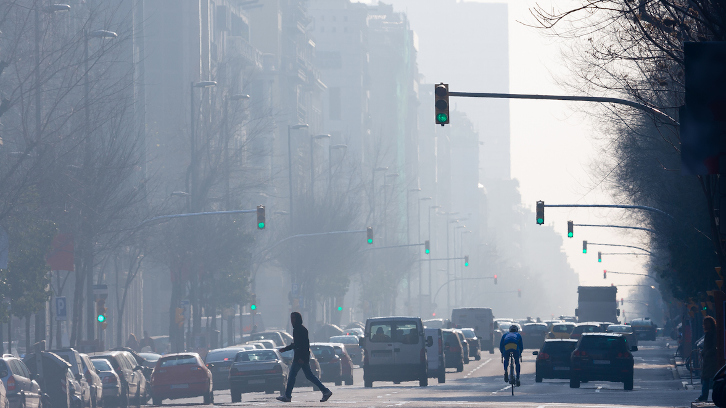RECYCLES, a European project to enhace the viability of waste treatment facilities

Researchers from the Department of Chemical, Biological and Environmental Engineering are coordinating the European RECYCLES project, which will work towards the enhancement of the technical, economic and environmental viability of waste treatment facilities by exploiting and integrating the carbon, sulphur and nitrogen cycles. The RECYCLES project aims to innovate in biotechnologies and solutions to enhance solid-liquid-gas wastes treatment and resource recovery for a subsequent combination of these innovative biological processes to reduce energy requirements in waste treatment facilities.
The RECYCLES “Recovering carbon from contaminated matrices by exploiting the nitrogen and sulphur cycles” project is an interdisciplinary and intersectoral project funded with 1.2M € by the European Commission in the HORIZON 2020 framework (MSCA-RISE-2019 – Research and Innovation Staff Exchange) and it is addressed from a circular economy point of view, with the main objective of exploring the possible synergies between the carbon, nitrogen and sulphur cycles in bioreactors to design innovative and optimal treatment trains for wastewater and biogas as well as to reduce the costs related to these treatments and to obtain added-value products.
The main hypothesis of the RECYCLES project is that driving carbon to biogas production as a carbon sink instead of classical aerobic oxidation processes, coupled to the development of innovative biological technologies and treatment trains that integrate the carbon, nitrogen and sulphur cycles will increase the technical, economic and environmental viability of waste treatment facilities while favouring at the same time resource recovery. To verify the hypothesis and achieve the general objective of the project, the research will be focused on the development of innovative biotechnologies and solutions that allow an improved integration of mass transfer and biodegradation rates to overcome time and spatial variability in bioreactors applied to liquid and gaseous streams treatment. Research also targets the evaluation of the potential of combining innovative unit biological process such as partial nitrification, autotrophic denitrification or CO2 enzymatic valorisation to widen the range of application of biological processes and reduce energy requirements in waste treatment facilities, while considering resource recovery.
The RECYCLES project is coordinated by the Universitat Autònoma de Barcelona and its consortium counts on the following international universities and companies: Università degli Studi di Firenze, Università di Pisa and Italprogetti Spa from Italy, AERIS Tecnologías Ambientales from Spain, Prince of Songkla University from Thailand, Pontificia Universidad Católica de Valparaíso from Chile and University of Manitoba from Canada. Merging their interdisciplinary expertise in the field of biological processes for wastewater and gas treatment and resource recovery, the RECYCLES consortium works together towards the achievement of project goals.
Department of Chemical, Biological and Environmental Engineering
School of Engineering
References
RECYCLES, grant agreement No. 872053.
This project has received funding from the European Union’s Horizon 2020 Research and Innovation programme under the Marie Sklodowska-Curie grant agreement No. 872053
https://recycles-h2020.eu/


